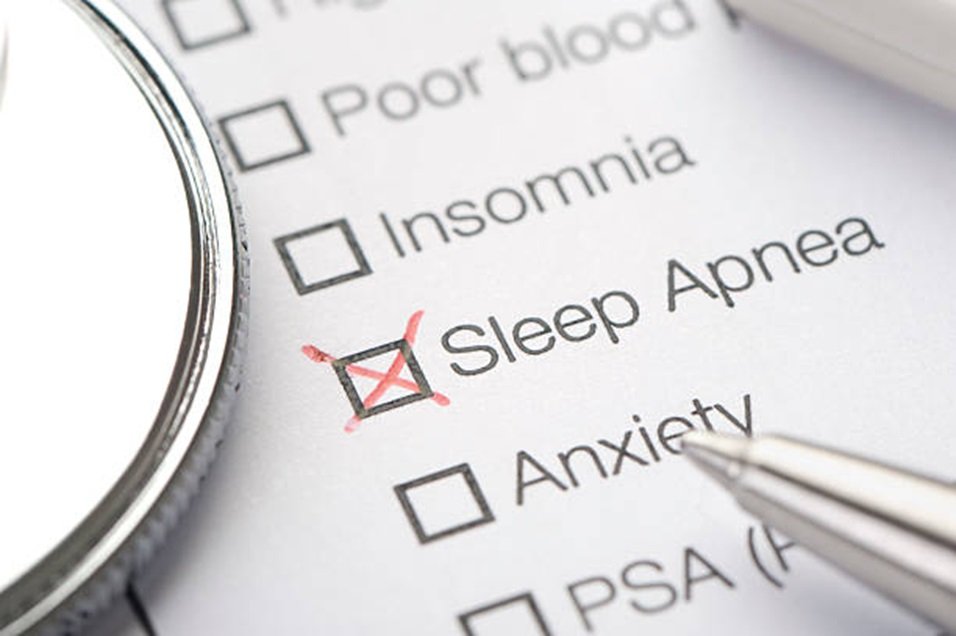Do you constantly feel tired during the day despite a full night’s sleep? Do you experience loud snoring or wake up gasping for air? These could be signs of sleep apnea, a common sleep disorder affecting millions of Australians. If you suspect you might have sleep apnea, your doctor may recommend a home sleep apnea test.
This article provides essential information about home sleep apnea tests, including what they are, how they work, their benefits and limitations, and what to expect if your doctor recommends one.
What are Home Sleep Apnea Tests?
Home sleep apnea tests are non-invasive diagnostic tools used to assess your risk of sleep apnea in the comfort of your home. These tests are typically less expensive and more convenient than traditional overnight sleep studies conducted in a sleep lab.
How Do Home Sleep Apnea Tests Work?
While specific details may vary depending on the device, a typical home sleep apnea test involves the following steps:
- Consultation with your doctor: During an appointment, your doctor will discuss your symptoms, medical history, and risk factors for sleep apnea. If they suspect sleep apnea, they will explain the benefits and limitations of home sleep apnea tests and determine if this option suits you.
- Receiving the test equipment: If your doctor prescribes a home sleep apnea test, you will receive a sensor and recording device kit. The specific equipment may include:
- Finger pulse oximeter: This clips onto your finger and measures your blood oxygen level and heart rate throughout the night.
- Effort belt: This wraps around your chest or abdomen and monitors your breathing effort by measuring chest and abdominal wall movement.
- Nasal cannula (optional): This is a soft tube placed under your nose to measure airflow.
- Recording device: This small device stores the data collected from the sensors throughout the night.
- Setting up and using the equipment: You will receive detailed instructions on using the equipment before taking the test at home. In most cases, you will simply need to apply the sensors and wear them comfortably while you sleep.
- Returning the equipment: After completing the test, you must return it to your doctor or sleep clinic following their instructions.
- Reviewing test results: Your doctor will analyse the data collected from the home sleep apnea test and discuss the results with you. This discussion will include whether you have sleep apnea, the severity of your condition (if present), and potential treatment options.
Benefits of Home Sleep Apnea Tests
Home sleep apnea tests offer several advantages compared to traditional sleep studies:
- Convenience: You can perform the test in the comfort of your home, eliminating the need for an overnight stay in a sleep lab.
- Cost-effectiveness: Home sleep apnea tests are typically less expensive than traditional sleep studies.
- Accessibility: These tests can be especially beneficial for individuals who find travelling difficult or have challenges sleeping in unfamiliar environments.
Limitations of Home Sleep Apnea Tests
While home sleep apnea tests offer advantages, it is important to be aware of their limitations:
- Limited data: These tests primarily measure breathing patterns, oxygen levels, and heart rate, while traditional sleep studies collect additional data points like brain activity and muscle movements. This may limit the ability to diagnose specific sleep disorders beyond apnea.
- Not suitable for everyone: Home sleep apnea tests may not be suitable for everyone, particularly individuals with complex medical conditions or suspected severe sleep apnea.
- Potential for inaccurate results: Factors like misusing the equipment, consuming alcohol or caffeine before the test, or having a cold can affect the test’s accuracy.
Conclusion
Home sleep apnea tests can be a valuable tool in diagnosing sleep apnea, offering patients a convenient and accessible alternative to traditional sleep studies. However, it is crucial to understand their limitations and discuss your situation with your doctor to determine if a home sleep apnea test is right for you. If you experience symptoms suggestive of sleep apnea, schedule an appointment with your doctor to discuss your concerns and explore the best diagnosis and treatment options.


